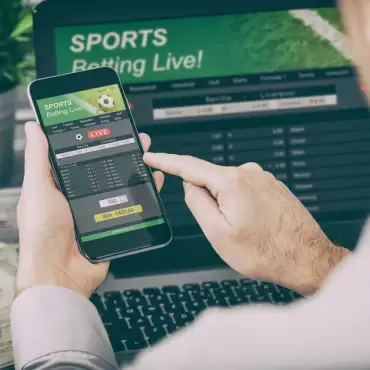Combined online sports betting and casino revenue in Michigan increased 18.8% year-on-year to $176.1m (£138.8m/€162.7m) in July, while the state also reported a month-on-month rise.
Gross receipts were comfortably ahead of $148.2m in July 2022 and also 4.0% more than $169.3m in June this year. The total also halted three consecutive months of decline in Michigan.
Online casino gaming gross receipts reached $153.6m in July, up 21.3% on last year and 1.7% ahead of June’s total.
Gross sports betting receipts were 4.2% higher year-on-year at $22.5m and 23.0% more than in June. This was despite handle falling 10.8% from $225.0m in July 2022 to $200.8m, with spend also 11.9% lower than in June.
July adjusted gross receipts up 17.8%
In terms of adjusted gross receipts, which account for promotional spending, Michigan also reported growth.
Combined igaming and sports betting adjusted gross receipts amounted to $154.6m. This was 17.8% ahead of last year and 5.8% higher than June’s total.
Adjusted igaming gross receipts hit $138.2m, up 18.0% year-on-year and 1.0% from June. Looking to sports betting, adjusted gross receipts amounted to $16.4m, up 77.5% from last year and 16.8% more than June.
Operators paid $29.8m in total taxes, including $28.7m in online casino tax and $1.1m in sports betting tax.
Detroit’s three commercial casinos also paid $7.6m in online taxes to the City of Detroit. In addition, tribal operators made $3.5m in payments to governing bodies.
Detroit casino revenue remains level
Last week, it was also revealed that Detroit’s casinos posted $107.2m in revenue in July, level with last year and slightly up month-on-month.
July’s total was on par with the $107.2m that was posted in the same month last year. The figure was 6.5% higher than $101.5m in June of this year.
Of this amount, some $106.7m came from slots and table games, up by 0.7% year-on-year. Sports betting generated $485,763 in qualified adjusted gross receipts, (QAGR), a drop of 62.0%, while handle reached $8.0m.





